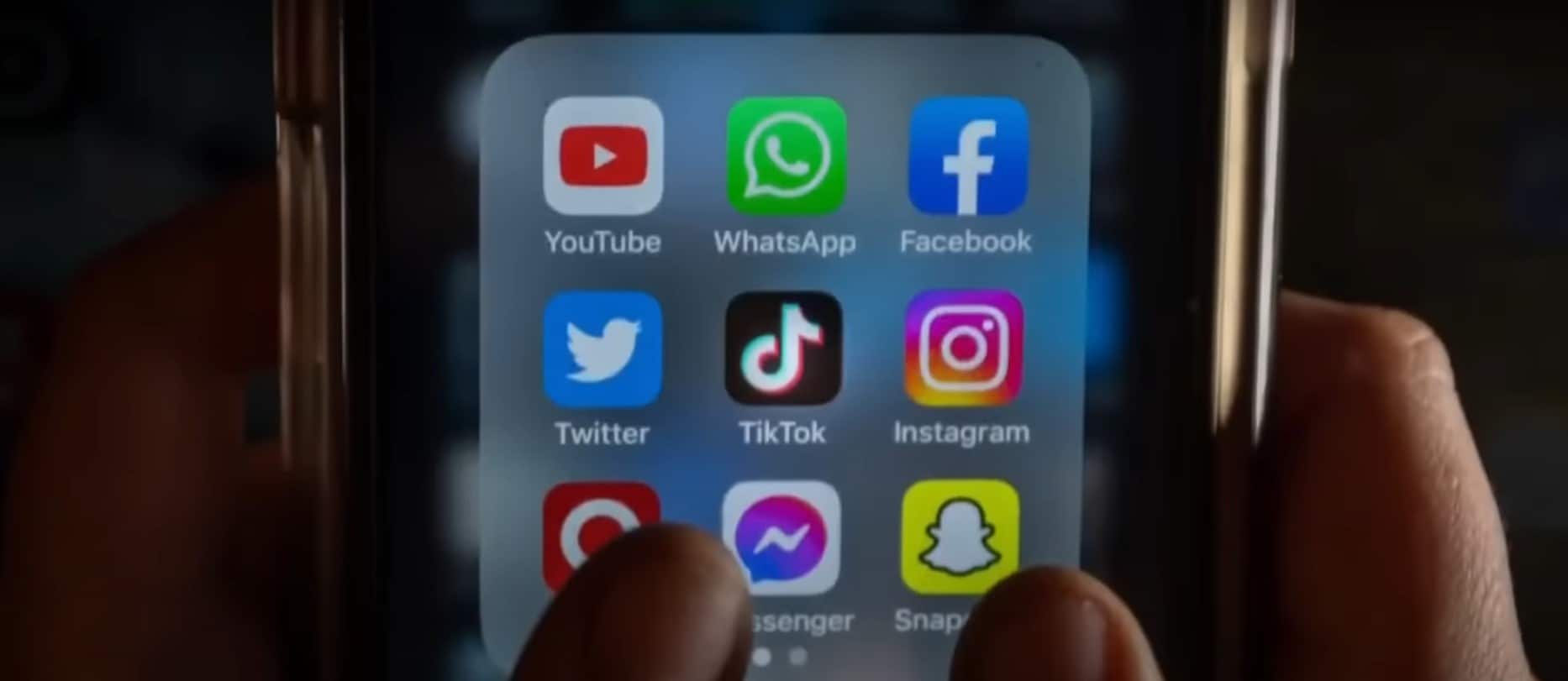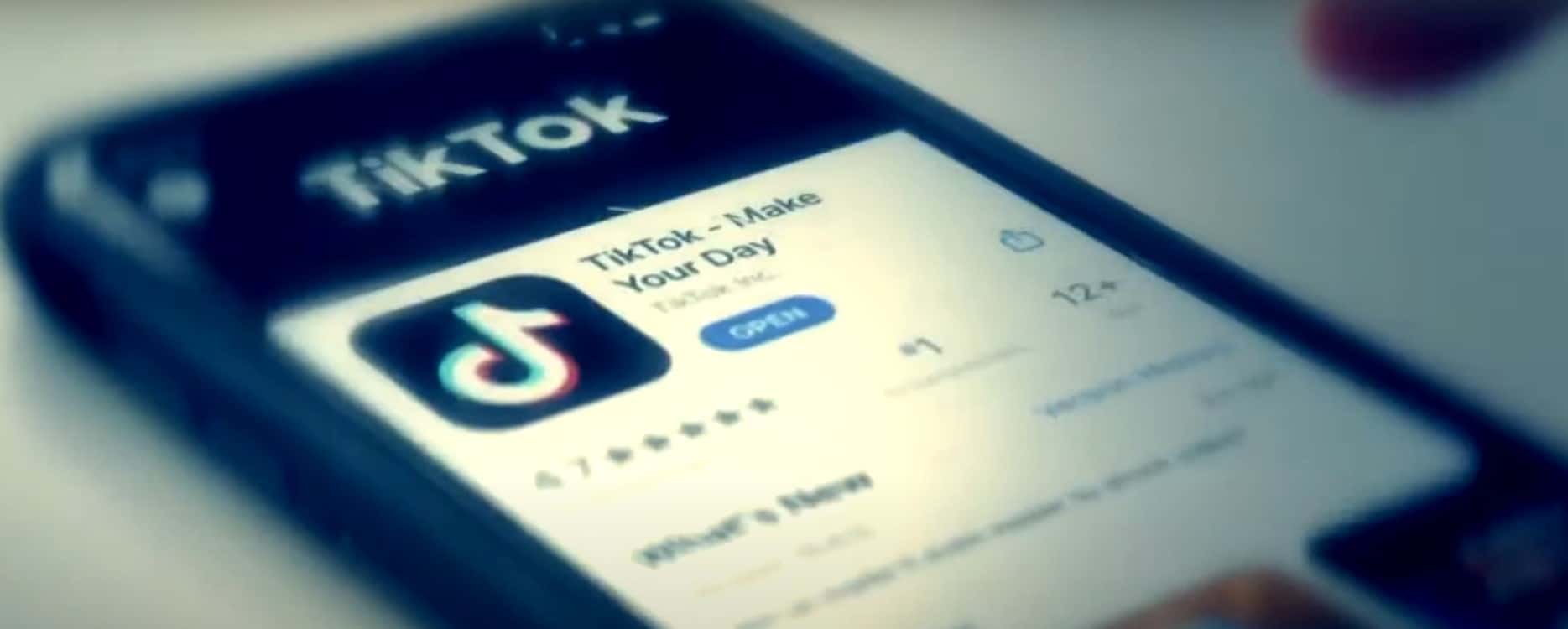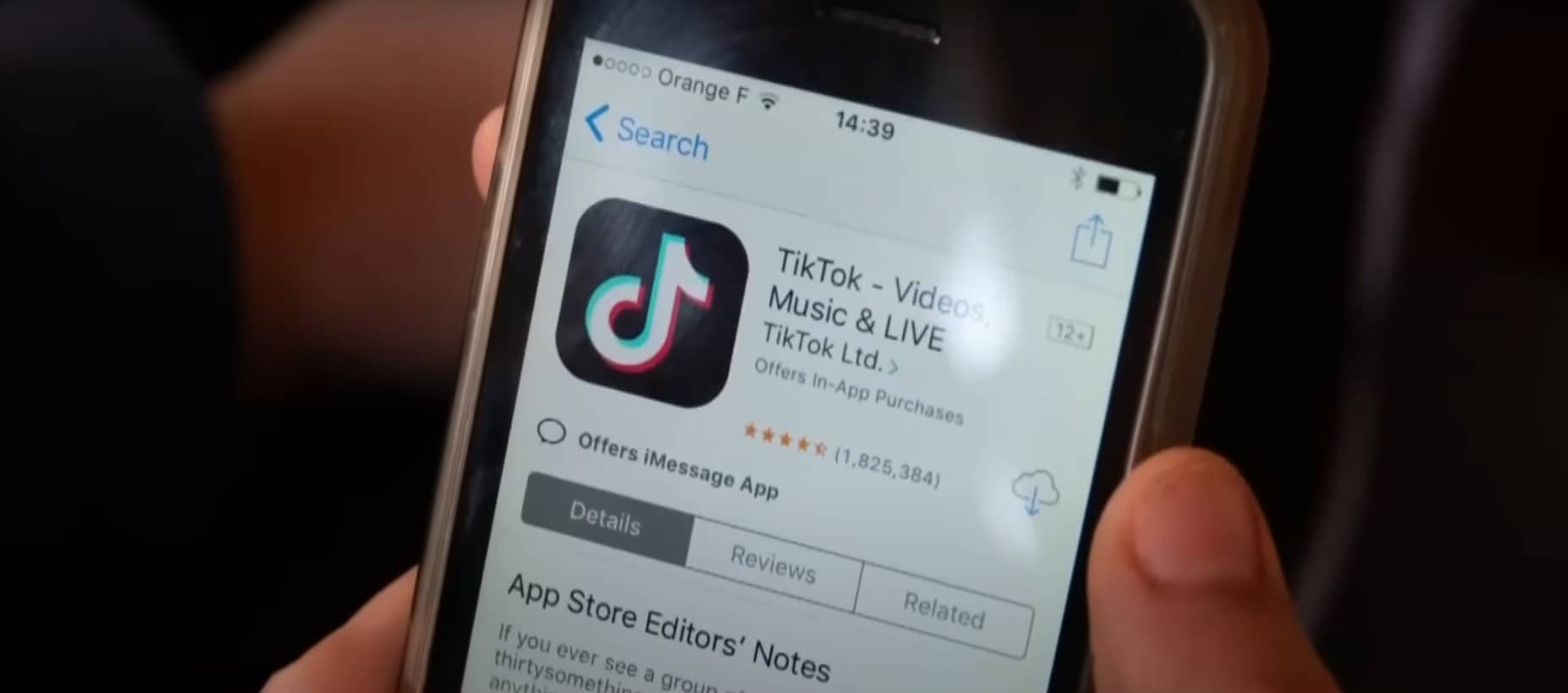TikTok, the well-known social media platform owned by Chinese tech company ByteDance, has been outlawed for the first time in state law in the United States, with Montana becoming the first.
This action coincides with growing worries about cyber threats connected to the Chinese Communist Party and data security. Despite the ban’s specific targeting of TikTok and China, it also raises concerns about the broader problem of social media platforms’ data privacy.
It is a significant and contentious development that the ban affects all Montanans, not just government workers. Let’s explore in detail the consequences, reasons, and procedural aspects of this unprecedented decision.

Growing International Concerns
The United States, Canada, the United Kingdom, Australia, the European Union, and other nations have all taken similar measures before Montana banned TikTok.
Due to concerns that TikTok, with its close ties to the Chinese government, may collect and share user data, posing risks to national security, these bans have been put in place.
You see, Chinese law demands that all companies share their data with the Chinese government; as such, TikTok’s parent company, ByteDance, is in obligation to share its data with the Chinese Communist Party or cease operations.
In consequence, Governments have thus decided to outlaw the use of TikTok on equipment that was provided by them, as TikTok could potentially share its data with the Chinese government, and that includes all sorts of things.
TikTok’s Terms of Service
TikTok gathers information on the device used to access the platform, such as IP address, user region, agent details, and mobile carrier. Time zone settings, device model and system, network type, IDs, screen resolution, and operating system are also recorded.
Information About Apps & Files
TikTok has access to the names and descriptions of all the apps and files that are installed on a user’s device. This implies that they can learn about the applications you’ve installed and the files you’ve saved.
TikTok tracks your keystrokes, so they can see everything you type, including messages, searches, and other text inputs. TikTok monitors keystrokes or typing patterns on the device.
TikTok grants access to a device’s connected audio devices and audio settings, potentially allowing them to clandestinely record audio without the knowledge or consent of the user via the microphone.
Multiple Device Association
If a user logs into TikTok from multiple devices, the platform may be able to track that user’s activity on those devices based on information from their profile. TikTok may also link user data to information gathered from gadgets the user didn’t use to sign in to the platform.
TikTok gathers a variety of personal information and data related to devices from its users, according to the summary of the data collection practices described in the video. The user’s device, apps, files, keystrokes, audio settings, and possibly even audio recordings from the microphone are all included in this. The platform is able to monitor and link user activity across various devices.
Also Read: What Does HTH Mean On TikTok? The Term Explained
The Unprecedented Ban in Montana
The ban in Montana is unique in that it affects all state residents, not just those who work for the government. Severe penalties are part of the ban, including fines of up to $10,000 per day for each person who is given access to the app. This implies that if users in Montana download the app, the Apple Store itself could be penalized. Though there may be privacy concerns, it’s crucial to remember that the ban only applies to TikTok and China, leaving other social media platforms unaffected.
Divergent Viewpoints
The ban has sparked a contentious discussion. Critics claim it appears inconsistent to single out TikTok and China while ignoring other platforms that gather user data. As various social media companies adopt similar practices, concerns arise as to why only one organization is banned in a particular country. Advocates of the ban contend that TikTok’s ownership and data-sharing practices pose a possible threat to national security. They assert that the ban is crucial in safeguarding privacy and reducing potential online hazards.

Impact on Users and Businesses
The news of TikTok’s ban in Montana has sent shockwaves through its user base. For many, especially in light of the pandemic, the app has been instrumental in expanding businesses, building relationships with clients, and achieving success. With this ban, there is now a very real danger that they won’t be able to interact with their followers and reach a larger audience.
It is not simple to impose such a ban on a social media platform, especially one as big as TikTok. It has not yet been revealed how this ban will be enforced, whether it be through service providers or another strategy. Furthermore, Montana’s approach to fining both the app and the App Store could lead to legal disputes and jeopardize the First Amendment’s guarantee of the freedom of speech.
Despite being unprecedented, this ban highlights the threats that Chinese-owned platforms pose to data security, privacy, and national security once more. The targeted harassment of one company raises concerns about internet access and free speech, even though it is a matter of national importance.
As things progress, there will undoubtedly be more discussions about data privacy and social media platform regulation.
Also Read: What Does JIT Mean On TikTok? The Acronym Explained










